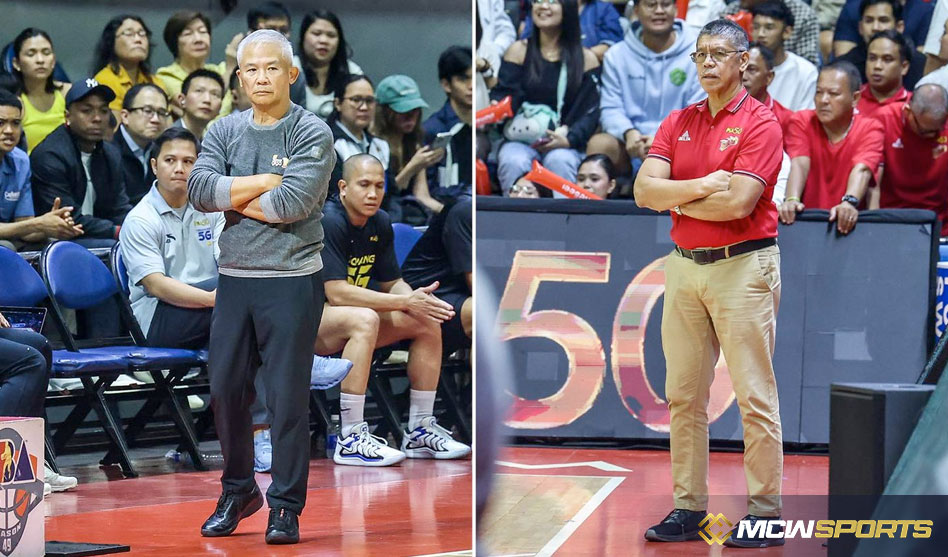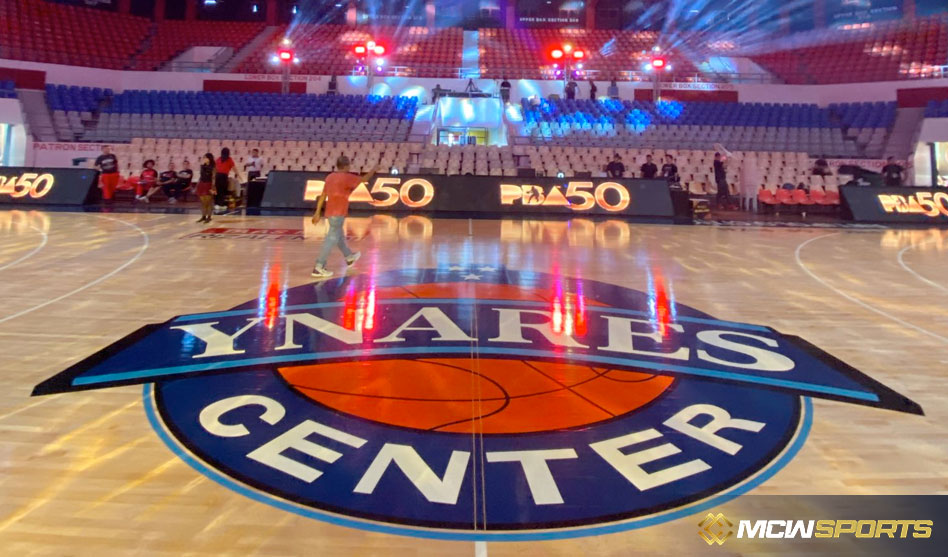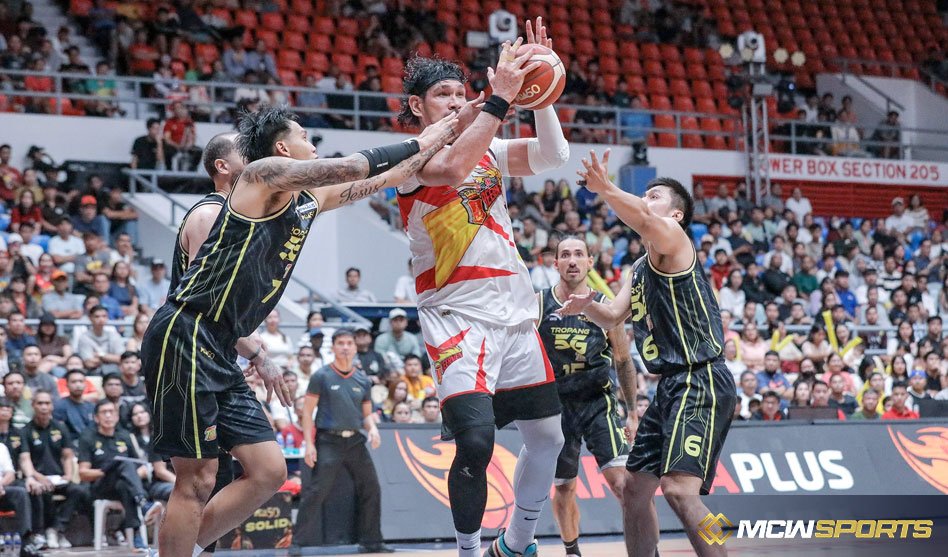This content has been archived. It may no longer be relevant
The 2022 NBA Finals and the 2022 NBA draft are behind us, which means it is time to turn our full attention to the 2022 NBA offseason. Free agents can begin negotiating with teams starting Thursday at 6 p.m. ET. The NBA’s annual player movement moratorium — during which most contracts cannot be signed and trades cannot be made official — begins July 1. A week later, everything that is reported during the moratorium can become official after the league sets the final salary-cap and luxury-tax numbers for the 2022-23 season.
While only five teams enter this offseason with significant cap space to work with, all 30 teams have things they need to address this summer.
Here are some of the teams’ team-by-team guide to free agency, including what to watch, and available exceptions.
Atlanta Hawks
Offseason transactions: AJ Griffin (first round) and Tyrese Martin (second round)
Whom to Watch: Travis Schlenk
The Hawks’ head of basketball operations has gone on the record saying he is not going to rely on continuity with the current roster.
“We made the decision last year to run the same group back,” he told Atlanta radio station 92.9 The Game. “We probably should’ve tried to upgrade, as opposed to stay the status quo. The way the season played out, we’re certainly going to try to upgrade the roster moving forward into next season.” Remove Trae Young from trade discussions, and that leaves Atlanta with five players — John Collins, Kevin Huerter, De’Andre Hunter, Bogdan Bogdanovic and Clint Capela — who have salaries ranging from $9.8 million to $25 million. The Hawks also have eight future first-round picks, including a top-16-protected pick from Charlotte in 2023.
Boston Celtics
Offseason transactions: JD Davison (second round)
What to watch: The luxury tax
After an appearance in the NBA Finals, the big question for the Celtics this offseason is whether ownership has an appetite to spend deep into the luxury tax. Including Al Horford’s partially guaranteed contract, the Celtics enter the offseason $7.5 million over the luxury tax. Boston has the $6.5 million tax mid level exception available, along with three large trade exceptions of $17.1, $9.7 and $6.9 million. Despite being over the tax, Boston can use the trade exceptions in a trade — but not to acquire a free agent via a sign-and-trade deal.
Brooklyn Nets
Offseason transactions: None
What to watch: Kyrie Irving
Irving opted into his $36.5 million contract, and the question moving forward is whether the decision is a short-term solution or the former All-Star is in a Nets uniform for the near future.
He is eligible to sign an extension for an additional four years up until next June, but Brooklyn has shown no inclination for giving him a new contract.
Would Brooklyn explore trades for Irving, or will it play out the season and let Irving walk for nothing next offseason or perhaps work out a new contract.
That is the unanswered question that will hover over the Nets this offseason and into the regular season.
Charlotte Hornets
Offseason transactions: Mark Williams (first round), Bryce McGowens (second round) and Josh Mynott (second round)
What to watch: Restricted free agent Miles Bridges
Bridges enters the offseason coming off a career year in Charlotte. However, restricted free agency has taught us that the Hornets hold advantage because they have the right to match Bridges’ next contract, especially with only five teams having substantial cap space (Detroit, Indiana, Orlando, Portland and San Antonio).
Still, the Hornets could make an aggressive offer to the forward at the start of free agency, eliminating the risk of Bridges signing a less-than-appealing offer sheet or the threat of him signing the one-year, $7.9 million qualifying offer and becoming an unrestricted free agent next summer. A contract that starts at $24 million per season (five years, $139 million) would keep the Hornets below the luxury tax in 2022-23, allowing them the financial flexibility to avoid being a taxpayer in the future — even accounting for P.J. Washington signing an extension this offseason and LaMelo Ball doing so in 2023.
The Hornets cannot afford to overplay their hand and use the threat of a shrinking market to leverage Bridges. While the Hornets have advantage now, that will not be the case if Bridges is turned off by a hardline stance in the negotiations and asks out or does the unthinkable and signs the qualifying offer.
Chicago Bulls
Offseason transactions: Dalen Terry (first round)
What to watch: Free agent Zach LaVine
LaVine was clear after the season that he will explore his free-agent options this offseason. “I plan to enjoy free agency. We’re gonna have to experience A through Z without making any fast decisions. I think that’s something me and [agent Rich Paul] are gonna go through and experience.” What the All-Star will find is a substantial pay gap if he stays in Chicago versus signing with another team.
LaVine is eligible to sign a five-year, $215 million contract with the Bulls, $55 million more than another team can offer. The four teams with the $37 million slot to sign LaVine are Detroit, Indiana, Orlando and San Antonio. If he wants to land in a place like Dallas, it will come in a complicated sign-and-trade deal, something the Bulls would have to sign off on.
Because LaVine is receiving a 120% raise off his 2021-22 salary and Chicago is over the cap, he would be subjected to the base year compensation restriction in a trade. That means only 50% of his new cap hit for 2022-23 counts as incoming salary, while his full amount is used as outgoing.
Cleveland Cavaliers
Offseason transactions: Ochai Agbaji (first round), Isaiah Mobley (second round), Luke Travers (second round), Khalifa Diop (second round)
What to watch: Collin Sexton
Sexton missed most of the regular season and, despite concerns about his injury and his long-term fit with Garland, received a $8.6 million qualifying offer and is now a restricted free agent.
From a medical standpoint, the Cavaliers will have the best insight on how the guard has recovered from a torn left meniscus that cost him most of the season. If there are no red flags to his knee, Cleveland can take a more proactive approach to a new contract if Sexton is part of the future. They can also walk away from an offer sheet if there are concerns regarding his knee and they believe the contract is more of a liability.
Sexton has value, either with the Cavaliers or possibly in a sign-and-trade deal. The guard had a career year in 2020-21, averaging 24.3 points and shooting 47.5% from the field.
“He’s enormously important to us, he’s been enormously important to us,” president of basketball operations Koby Altman said after the season. “To lose him, you can see throughout the year why we missed him or how we missed him. We owe Collin a great debt of gratitude for what he’s done, the work he’s put in and he continues to put in. An important part of his team.”
The Cavaliers’ finances in 2022-23 will play a role in his future. Including their draft pick and non-guaranteed salaries (Dean Wade and Lamar Stevens), the Cavaliers have a $21 million buffer below the luxury-tax threshold.
Dallas Mavericks
Offseason transactions: Jaden Hardy (second round)
What to watch: Jalen Brunson and the hard cap
Brunson’s decision dictates the Mavericks’ offseason. As an unrestricted free agent, the guard is free to sign with any team that has cap space, but Dallas has leverage because it can offer him the most money (up to 30% of the salary cap) and years (five). If Brunson returns, the Mavericks will have their backcourt of the future, but at a likely cost of $300 million in guaranteed money. It will also come at a significant financial cost in a projected $100 million in salary and luxury-tax penalty in 2022-23.
If Brunson departs, the Mavericks are left with the $6.5 million tax mid level exception and are challenged to acquire a free agent in a sign-and-trade deal because they are right at the $157 million threshold.
Denver Nuggets
Offseason transactions: Christian Braun (first round), Peyton Watson (first round) and Ismael Kamagate (second round)
What to watch: The supermax extension of Nikola Jokic and the luxury tax.
The current MVP is set to join an exclusive club.
Jokic will be not only the ninth player to sign a supermax contract but also the first second-round pick and youngest player to do so.
The five-year, $254 million contract will be the largest contract in NBA history — for now.
The extension does not start until the 2023-24 season, but Denver is set to pay a tax penalty in 2022-23 for the first time since 2009-10.
The Nuggets are $2.1 million over the tax threshold and have four open roster spots.
Detroit Pistons
Offseason transactions: Jaden Ivey (first round), Jalen Duren (first round), Gabriele Procida (second round) and Kemba Walker (trade)
What to watch: The direction with cap space
For a third consecutive offseason, the Pistons are positioned to spend in free agency.
Detroit will enter the offseason with a projected $35 million in room, the most of any team.
The options on how the Pistons use available room consist of signing a restricted free agent (Deandre Ayton, Miles Bridges or Anfernee Simons) to an offer sheet or taking back unwanted contracts — but with either a young player or pick from a team like the Knicks.
There is also the pressing need to surround Cade Cunningham with perimeter scoring, and Detroit can break up some of its money, perhaps on a player like Malik Monk, Bryn Forbes or Gary Harris.
Golden State Warriors
Offseason transactions: Patrick Baldwin Jr. (First round), Ryan Rollins (second round) and Gui Santos (SF)
What to watch: Kevon Looney and Gary Payton II
An additional $100 million tax penalty to keep free agents Looney and Payton could be deemed as a luxury, especially when the Warriors could potentially rely on three players — James Wiseman, Moses Moody and Jonathan Kuminga — who are on inexpensive rookie contracts.
As the regular season and playoffs confirmed, Looney and Payton are more than expensive insurance policies.
Looney is one of five players to play 82 games this season, and 80 came as the starting center. He had 19 games of 10-plus rebounds and 12 games of five-plus offensive rebounds. In the playoffs, he led all players in offensive rebounds, ranking in the top 10 in offensive rebounds per game.
Looney has established Bird rights, and despite the Warriors’ financial restrictions, his next contract can exceed the salary cap with a significant financial penalty. A contract that starts at $7 million would cost the Warriors an additional $36 million toward the luxury tax.
Payton averaged a career high 7.0 points per game this season, but it was his impact on the defensive end that stood out. He averaged 2.8 steals per 36 minutes this season (second best behind only Jose Alvarado) and held opponents to 40.4% shooting as the closest defender.
Why is Free Agency so important?
In short, an unrestricted free agent (UFA) is free to sign with any team. Once they sign, they are part of that team. Free agency as well allows players who are at the peak of their careers to shop themselves out of the teams that are willing to pay top dollar and offer the most comprehensive benefits and perks. However, some unrestricted free agents have options on their existing contracts that, if exercised, may affect their choices.

 English
English










